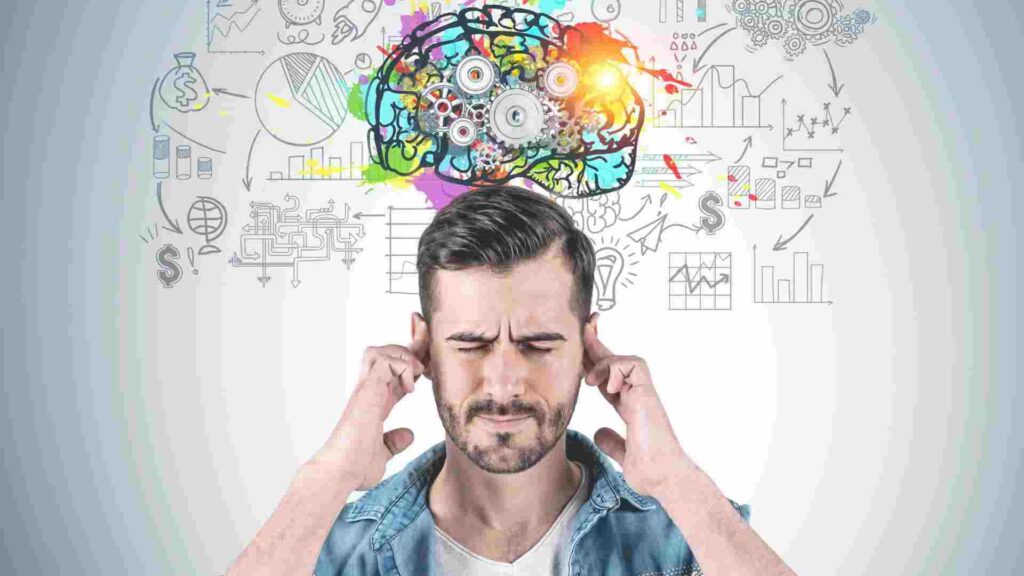Discover comprehensive information for all aspects of sexual health and find resources and guidance to empower your sexual well-being.
The underlying cause as well as the severity of pain determine the varied treatment approaches…
Discover comprehensive information for all aspects of sexual health and find resources and guidance to empower your sexual well-being.
The underlying cause as well as the severity of pain determine the varied treatment approaches…
Erectile dysfunction (ED) is a condition that many men face at some point in their…
Feeling nervous about sexual performance, known as Sexual Performance Anxiety (SPA), is pretty common. But…
The pelvic floor muscles are the unsung heroes of our body’s core, providing support to…
Painful erections never indicate normalcy, and sometimes signal a medical emergency. Severe pain may necessitate…
Erectile dysfunction (ED) is a common condition affecting men, often characterized by the inability to…
Commitment issues can often manifest in romantic relationships, work, and other personal or professional spheres.…
Cognitive strain happens when our brain has to handle various mental calculations, read instructions in a difficult-to-read or faint font, decipher a complex language, or when we’re in a negative mood (like when frowning).
Table of Contents
Toggle
Cognitive strain triggers the logical part of our brain.

When an experience lessens cognitive strain, the opposite happens. Cognitive ease makes the content seem more familiar, decreases uncertainty, and makes people feel more at ease in their surroundings. It lets users rely on their quick, intuitive thinking. This tends to make people more impulsive and trusting.

Thich Nhat Hanh said that sometimes when you’re happy, you smile, but it works the other way around too—smiling can make you feel happy. This idea shows how our thoughts and feelings are connected to our bodies.
Theories of embodied cognition suggest that what’s going on in your body is really important in how you understand and react to emotions and social situations, even when nothing external is happening around you.
Embodiment theories suggest that intentionally taking on certain body postures can influence how we feel. Studies have shown that adopting postures associated with specific emotions, like anger or happiness, can actually make people rate themselves as experiencing that emotion more strongly.
Related: How To Be Happy: As Per Science

A lot of research on the facial feedback hypothesis reveals that our facial expressions can also impact how we rate our own emotions and overall mood.
In simpler terms, when you have a positive facial expression like a smile, it tends to make you feel more positive. On the flip side, a negative expression like a frown can make you feel more negative.

Facial feedback effects also occur during physical activity. Participants in a study said they felt happier when intentionally smiling compared to when frowning. They also felt like they were exerting less effort when smiling compared to frowning. These positive effects of smiling over frowning were observed both when participants were at rest and during physical activity.
Related: Laughter Yoga: All You Need To Know
References:
Dr. Nishtha, a medical doctor holding both an MBBS and an MD in Biochemistry, possesses a profound passion for nutrition and wellness. Her personal journey, marked by significant struggles with physical and mental health, has endowed her with a unique empathy and insight into the challenges countless individuals face. Driven by her own experiences, she leverages her background to offer practical, evidence-backed guidance, empowering others on their paths to achieving holistic well-being. Dr. Nishtha truly believes in the interconnectedness of the mind and body. She emphasizes the significance of understanding this connection as a crucial stride toward attaining balance and happiness in life.

